Humans
Sign up for our newsletter
We summarize the week's scientific breakthroughs every Thursday.
-
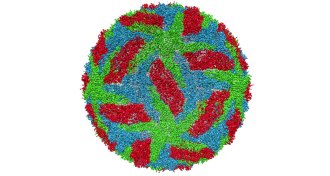 Health & Medicine
Health & MedicineRogue antibody linked to severe second dengue infections
Alternate antibody may indicate whether someone is susceptible to severe dengue disease.
-
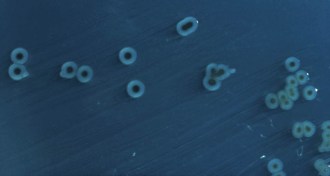 Life
LifeWhy salmonella doesn’t want you to poop out
Salmonella bacteria fight infection-driven losses in appetite to keep hosts just healthy enough for transmission.
-
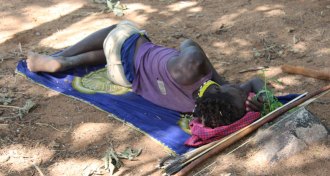 Anthropology
AnthropologySnooze patterns vary across cultures, opening eyes to evolution of sleep
Sleep plays out differently across cultures, but a consistent cycle of z’s and activity appears crucial.
By Bruce Bower -
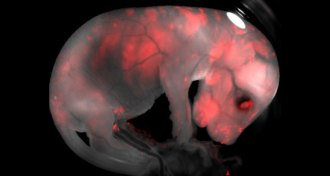 Life
LifeMouse cells grown in rats cure diabetes in mice
Mixing cells of two species produces pig and cattle embryos with some human cells.
-
 Health & Medicine
Health & Medicine50 years ago, methadone made a rosy debut
Heralded as the “answer to heroin addiction,” methadone is still used to treat opiate addiction, despite risks.
-
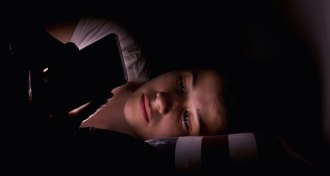 Health & Medicine
Health & MedicineA ban on screens in bedrooms may save kids’ sleep
Screens are associated with worse sleep in kids, and not just because of their lights and noises.
-
 Archaeology
ArchaeologyReal-life adventure tale details search for legendary city
"The Lost City of the Monkey God" recounts archaeological expedition to uncover truth behind Honduras’ “White City" myth.
By Erin Wayman -
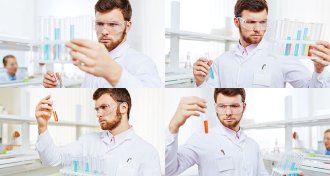 Science & Society
Science & SocietyCancer studies get mixed grades on redo tests
Replications of cancer studies fail to reproduce some results.
-
 Climate
ClimateMonsoon deluges turned ancient Sahara green
The ancient Sahara Desert sprouted trees and lakes for thousands of years thanks to intense rainfall.
By Bruce Bower -
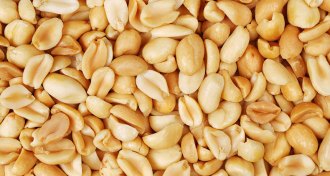 Health & Medicine
Health & MedicineThough complex, new peanut allergy guidelines are based on science
Unlike some past recommendations, new guidelines state that introducing babies to peanut-containing foods early is generally OK, with certain caveats.
By Meghan Rosen -
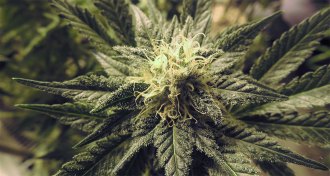 Health & Medicine
Health & MedicinePromise and perils of marijuana deserve more scientific scrutiny
Report outlines medical potential and health dangers of cannabis and its components.
By Bruce Bower -
 Paleontology
PaleontologyReaders weigh in on dinos, dark matter and more
Ancient bird calls, the search for dark matter and more in reader feedback.